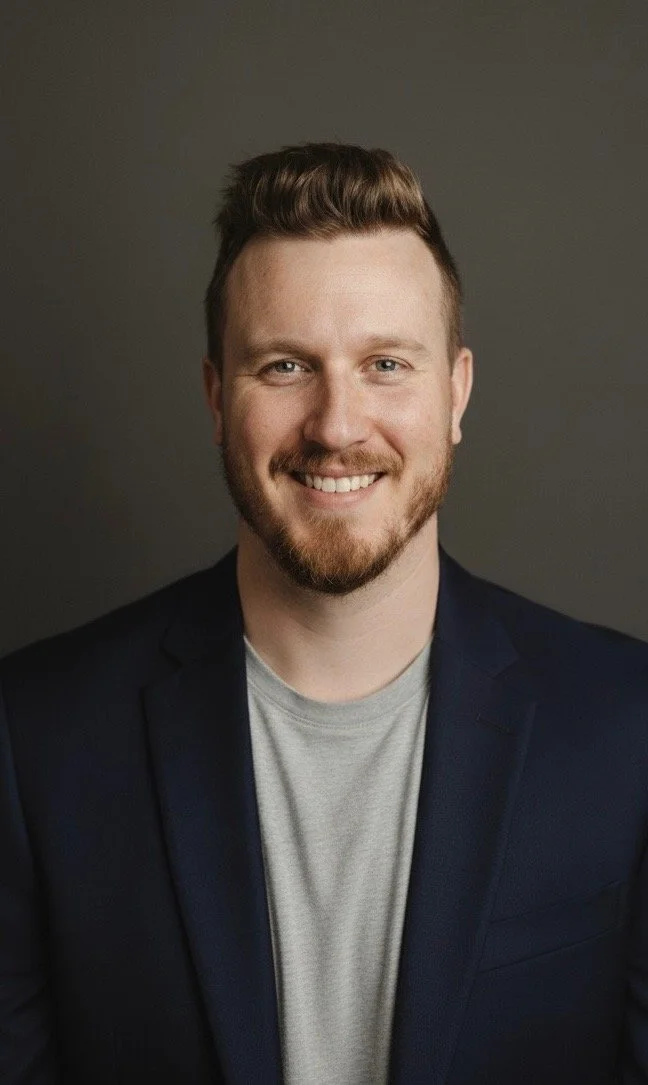Ben Switzer
Founder,
CEO
Ben’s story begins with a problem.
At the young age of 19, Ben was afflicted with Lyme Disease. Left untreated for years, the disease progressed, leaving Ben with a brain injury.
A series of tragic events thereafter left him battling PTSD and chronic pain.
Seeking better ways to cope, and a dream of renewal, he passionately pursued a study of the brain and how it works.
What he discovered was a set of tools that would serve to reduce his pain, mental health symptoms, and restore functionality.
Over the next 10 years, Ben passionately pursued innovation in mental health, working on a number of high tech projects in biometrics, AI, Augmented Reality and Virtual Reality. Ben is a sought after speaker, panelist, and community animator, whose talks and programs have reached thousands of attendees.
Ben’s passion is empowering those overcoming brain injury to see that healing is possible, and that the journey to recovery can lead to a greater sense of purpose, agency, and wellbeing in life.
Contributors and Partners
Daniel Kharlas
Scientific Contributor
Daniel is a wellness technologist and community mental health advocate. His work in virtual reality, augmented reality, and as a community meditation leader has helped thousands of people connect with their bodies and minds to promote wellbeing. Daniel graduated from Western University with a Masters in Personality Measurement Psychology, focusing on brain and heart rate measurement integrated with personality measurement for creating novel motivational strategies underlying meditation practice. He currently works as the Director of Product and Technology Operations for TRIPP, a wellness technology company based in Los Angeles, California.
Greg Horton
Program Contributor,
Partner
Meet the Founder
Greg Horton is the founder of The Casual Athlete, an adaptive fitness company dedicated to “fitness for the rest of us.” He has guided stroke and TBI survivors to stand, walk, swim, and lift again, achieving recoveries many once thought impossible. His innovative use of adaptive rigs and virtual reality training has been reinforced through research collaborations with the University of Metropolitan Toronto’s SmartLabs. With a unique mobile model and a strong commitment to community, Greg focuses on restoring strength, independence, and confidence for people living with neurological injury. His work bridges cutting-edge innovation with human-centred care, opening new possibilities for recovery and resilience.




